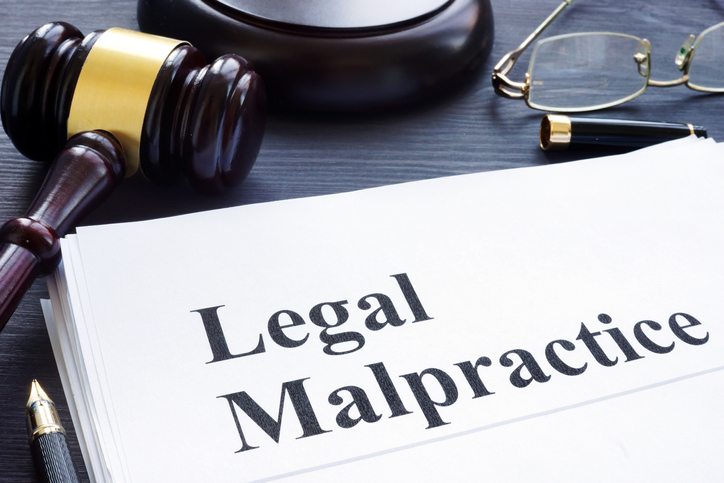Over the years, we’ve shared posts regarding the nuances of Affidavit of Merit (AOM) requirements in professional malpractice actions. Of course, many states have enacted some version of an AOM requirement and we’ve discussed the significance and potential advantages from a defense perspective when a plaintiff fails to comply. By strict rule of law, the failure to timely submit an AOM should signal dismissal, but does it in practice? Does it seem like courts are a bit too lenient in permitting a malpractice claim to proceed despite a violation of the AOM requirements?
Sure, there are examples of courts dismissing claims for want of an AOM. But, the decisions that permit flexibility to a violating plaintiff often do not result in published decisions. Let’s put it this way, is it just me or are courts going out of their way to bend the very rules that were supposed to be inflexible and were intended to benefit the professional? The most recent example of this possibility is in New Jersey, which requires that a litigant asserting a claim of malpractice provide an AOM within 60-days of the professional’s Answer to the Complaint.
New Jersey recently introduced a new program within its e-filing system for malpractice claims. Specifically, upon filing an Answer to a malpractice claim, the court now issues an automatically generated e-message which states:
NOTICE: AFFIDAVIT OF MERIT REQUIRED by [XXX]. Pursuant N.J.S.A. 2A:53A-27 an affidavit must be filed within 60 days of the filing of the answer to the complaint. The Affidavit of Merit is necessary to avoid dismissal with prejudice.
These notices were not issued in the past.
Now query: is this an example of courts playing favorites with the plaintiff’s bar and serving as a somewhat unusual reminder to those who may not know the importance of reading and following the applicable rules of procedure? Or, on the other hand, does this notice suggest that New Jersey courts may now be more willing to dismiss a violating plaintiff who may no longer have any excuses for failing to timely file the AOM? Time will tell. It will be interesting to see whether this new electronic notice has any impact on professional malpractice matters and whether other courts begin to implement similar systems.

